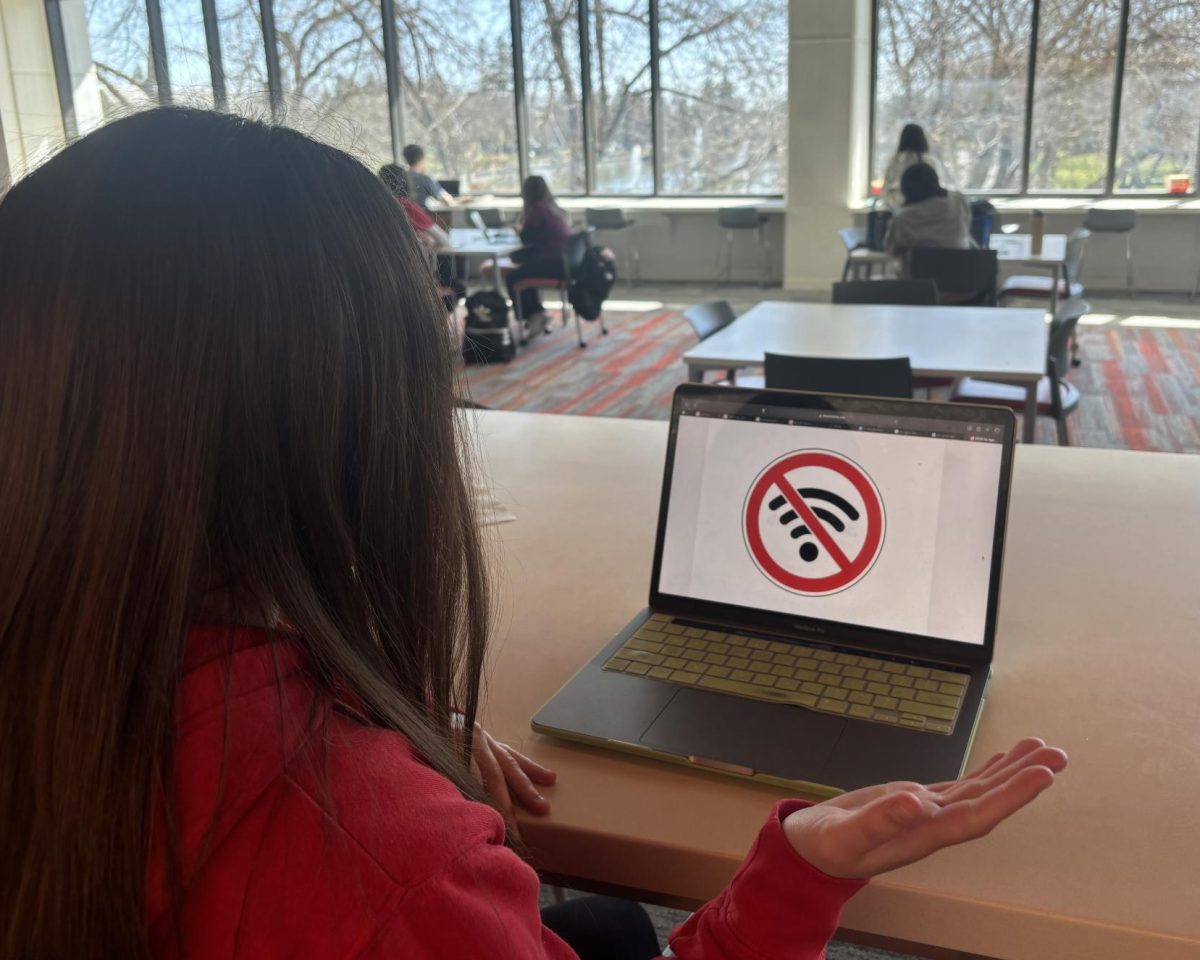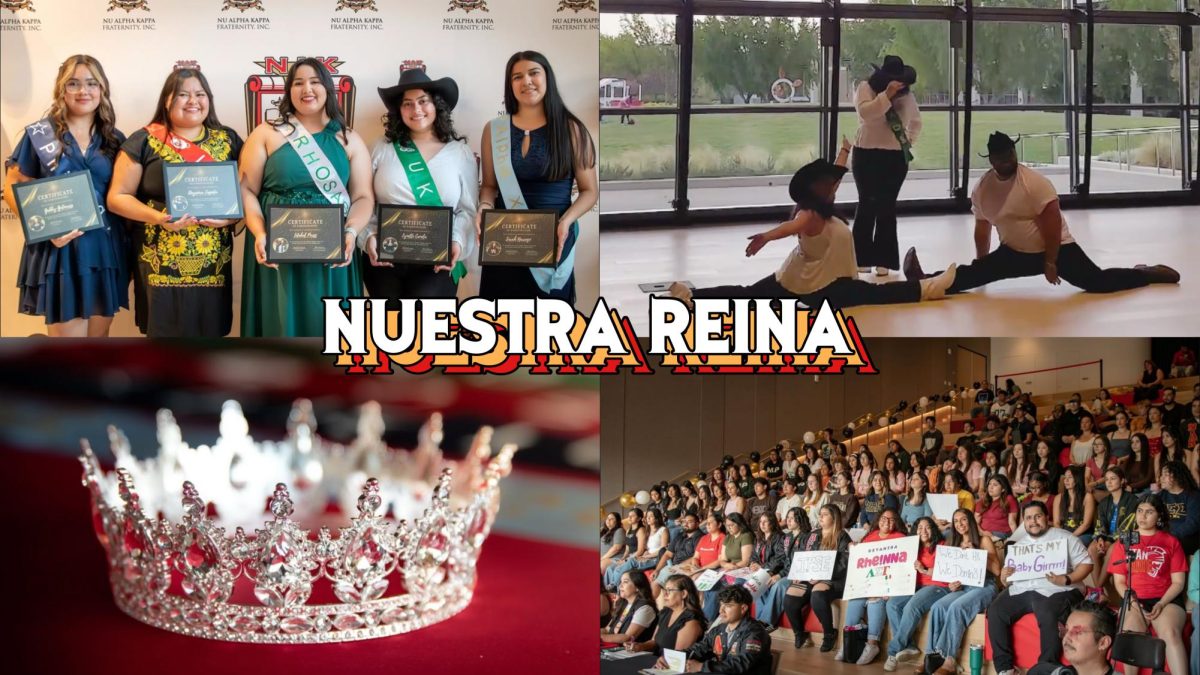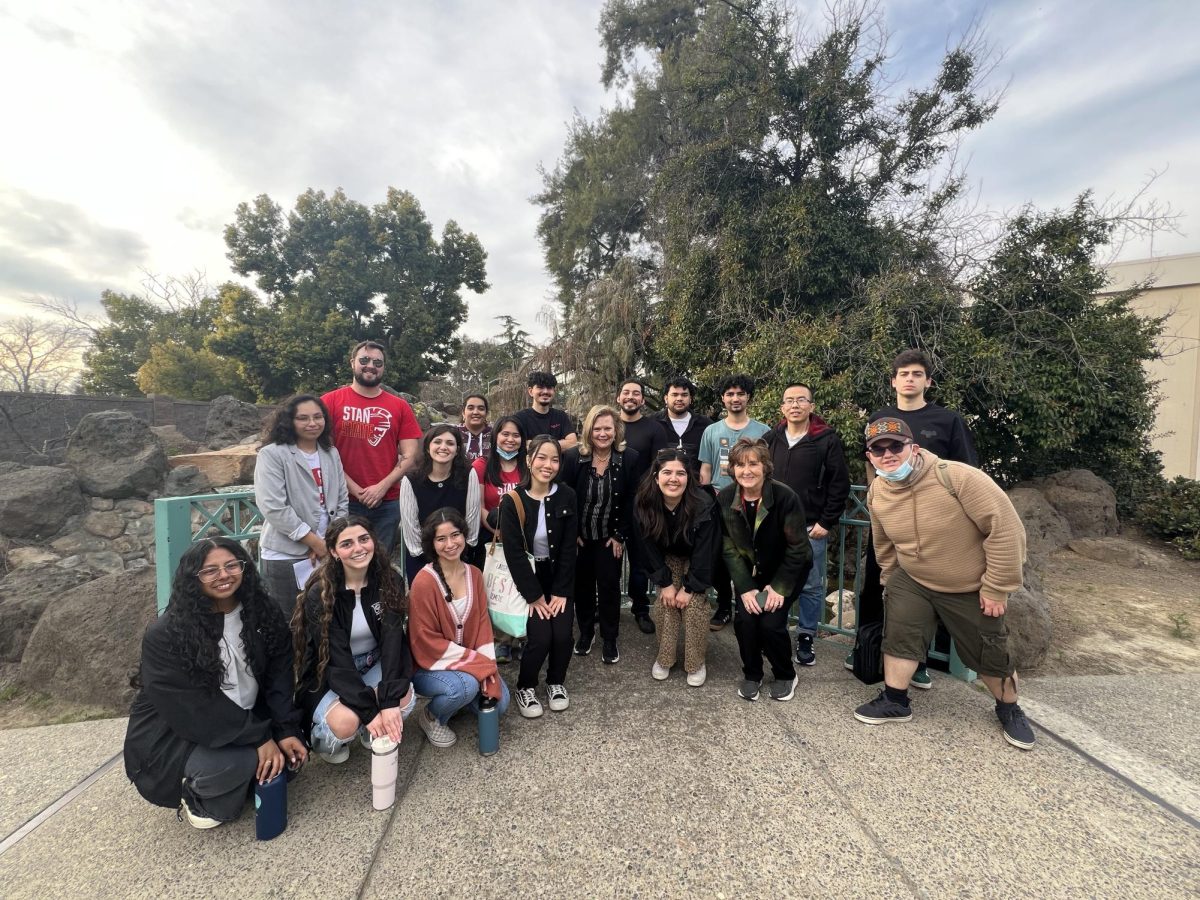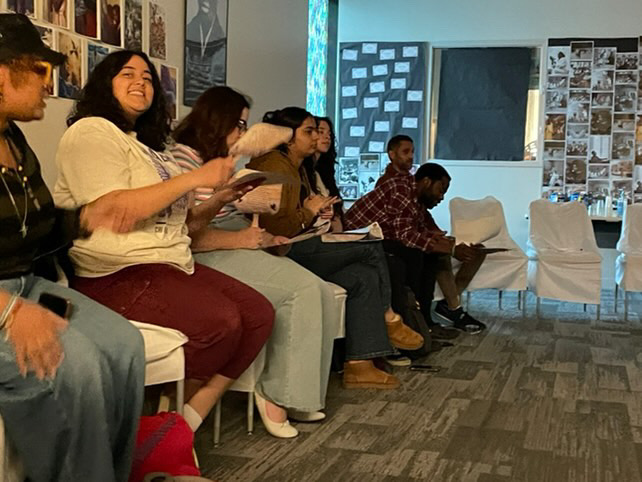“All the power to the people.”
This is the slogan of the Black Panther Party (BPP). Co-founder of the BPP, Bobby Seale, explained on Feb. 19 at California State University, Stanislaus, that no matter what color your complexion is, you deserve to know you are a first class citizen of the United States and more importantly, a first class human being.
Seale went on to say in his discussion on Thursday afternoon, before his evening event at the Mainstage Theatre, that no matter your hair color, eye color, complexion, height or weight we are less than .5% different. It was his objective for the BPP to organize the people and fulfill the BPP’s ten point platform in order to achieve equality and to bring power to the people. One way the BPP did this was by arming members to observe police officers in order to challenge the brutality that was occurring in black neighborhoods.
“I led an armed delegation into the California state legislature May 2, 1967,” Seale said. “My little organization was only six months old. We were ragtag (…) but it was not an organization of thugs as Ronald Regan, the governor of California at the time, tried to say we were. I resented it, being called a thug. You know, you didn’t call the Klu Klux Klan thugs. You didn’t call all the other guys in the National Rifle Association thugs. They had guns and rifles. I was raised up with guns.”
The BPP faced even more discrimination when they launched their Free Breakfast for Children Program. According to Seale, Federal Bureau of Investigation Director J. Edgar Hoover stated that the Free Breakfast for Children Program was “a threat to the internal security of America” and that the only reason why the BPP had guns was to go into white neighborhoods shooting.
When in the Great Chicago ‘7’ Conspiracy Trial as the Eighth Defendant, Seale was bound and gagged to a metal folding chair so that he would not “disrupt [the] court.” When he was struggling against his bonds, he remembered that in that struggle he was acting like a free man.
“The psychology of wanting to be free or demanding to be free, that’s very, very, very important,” Seale said. “Learn to hitch your wagon to the continuing people’s human liberation struggle. That’s what this is about, and that’s what I was about in the 1960s.”
Categories:
Bobby Seale’s afternoon talk details importance of equality
By Jessica Horner
•
March 2, 2015
0
More to Discover











































































